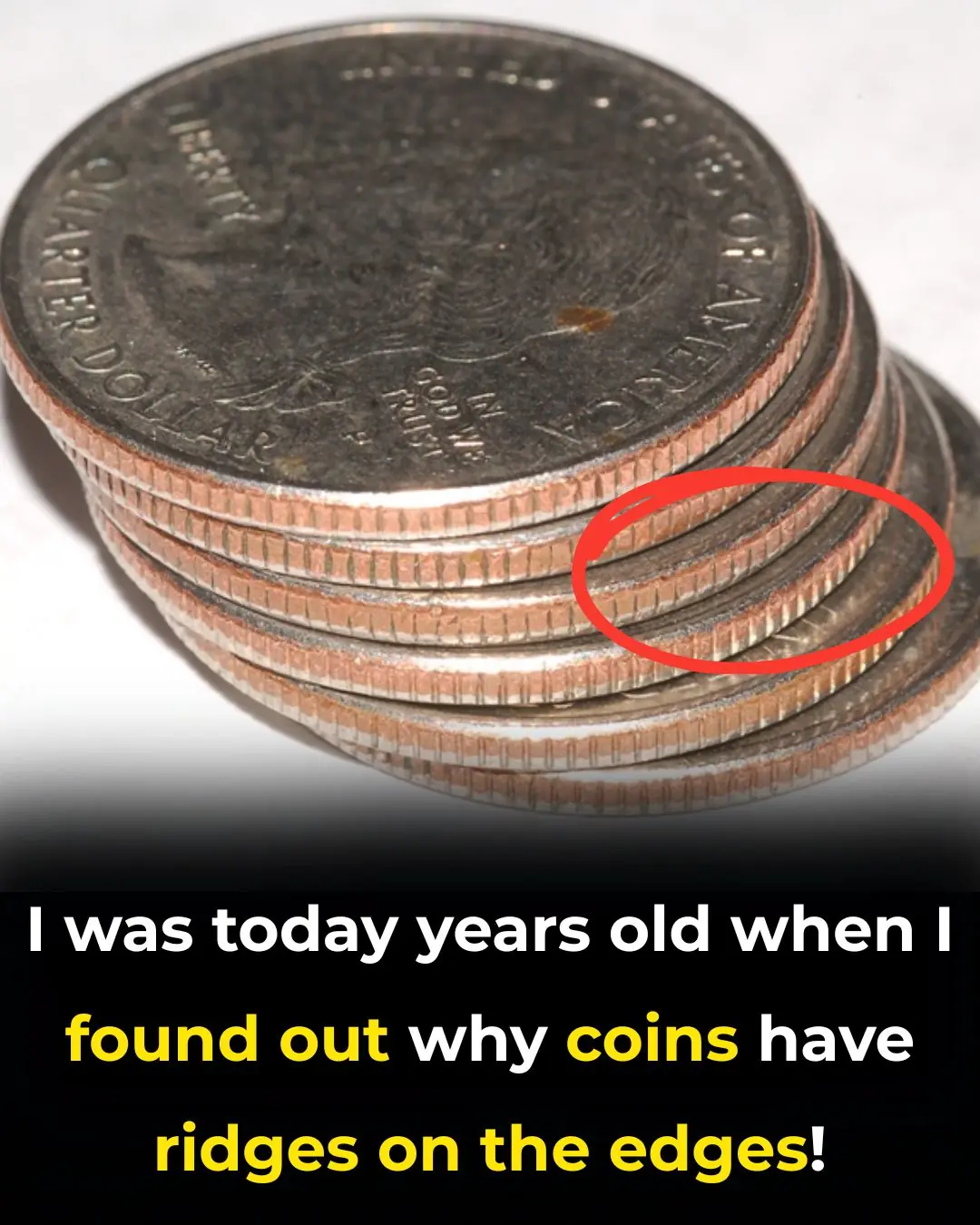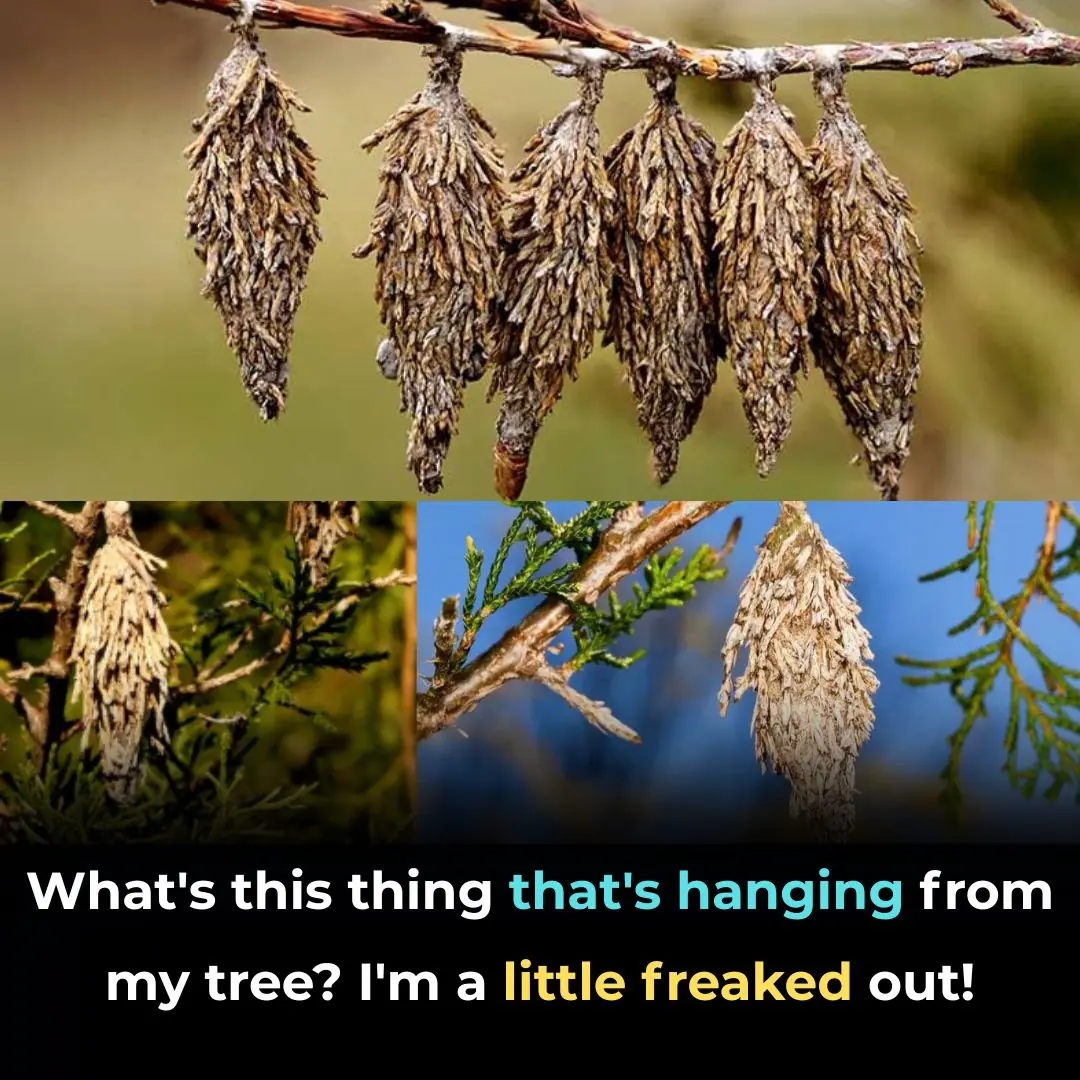
Trump Sparks Outrage With Wild Claim That Nearly All Americans Died of Overdoses

Trump’s Latest False Claim: “300 Million Americans Died from Drugs Last Year”
Donald Trump has never shied away from controversy or exaggeration, but his latest remark has stunned even his longtime observers. During a recent Fox News interview, the former president — and current officeholder — claimed that “300 million people” in the United States died last year from drug overdoses.
Given that the entire U.S. population is only about 340 million, the statement wasn’t merely wrong — it was mathematically impossible. Yet, as with many of Trump’s past comments, the claim quickly took on a life of its own. Within hours, it spread across social media, sparking a storm of memes, disbelief, and ridicule. Many Americans viewed it as another moment when political rhetoric veered into the realm of absurdity.
Still, beneath the humor lies a deeper issue: how easily false statistics can shape public perception. In today’s hyper-accelerated news cycle, misinformation travels faster than fact-checks, often leaving truth in the dust. Once again, Trump demonstrated his uncanny ability to dominate the national conversation — even when the facts are completely off base.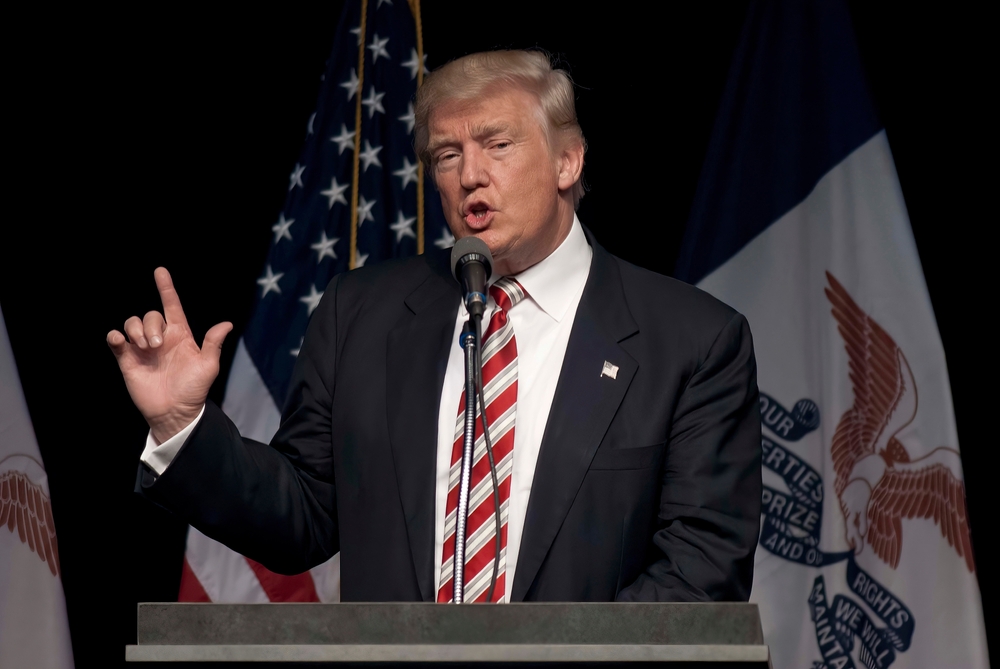
What Trump Actually Said
The claim emerged as Trump defended a recent U.S. military operation against drug traffickers. On September 2, U.S. forces carried out a strike on suspected members of Venezuela’s Tren de Aragua gang who were allegedly transporting narcotics by boat. The raid killed 11 suspected traffickers.
When Venezuelan President Nicolás Maduro called the operation “illegal,” Trump shot back, arguing that the true crime was the flood of drugs entering the United States. Then, in his signature hyperbolic fashion, he claimed that 300 million Americans had died from drugs in the past year — a figure that would effectively wipe out nearly the entire country.
The Real Numbers on Drug Overdoses
Reality tells a far different story. According to the Centers for Disease Control and Prevention (CDC), approximately 80,391 Americans died from drug overdoses in 2024 — a 26.9% decrease from the 110,037 recorded deaths in 2023.
Globally, the World Health Organization (WHO) estimates that alcohol and drug use together account for over 3 million deaths annually, most of them among men. While the U.S. has indeed seen declines in life expectancy — hovering around 77 years — Trump’s claim remains beyond any realm of plausibility.
If 300 million Americans had died in one year, the nation would be virtually empty. The streets, schools, and cities would stand silent. It’s the kind of statement that underscores not just an error in numbers, but a profound disconnect from basic reality.
Why Such Claims Still Resonate
Despite the glaring inaccuracy, Trump’s rhetoric taps into a powerful emotional undercurrent. The opioid crisis has devastated families across America, leaving deep scars in small towns, suburbs, and cities alike. For many, his exaggeration dramatizes the scale of a tragedy they already feel in their communities.
Indeed, overdose deaths have been one of the leading public health crises of the 21st century, driven largely by fentanyl, prescription opioids, and methamphetamine. Behind every statistic lies a human story — parents who’ve lost children, children growing up without parents, and communities struggling to hold themselves together.
Politicians frequently use hyperbole to emphasize urgency. But as experts warn, when numbers are so wildly inflated, credibility and trust are the first casualties.
Social Media Reactions: Humor and Frustration
The internet reacted swiftly — and savagely. Within hours, Trump’s claim became a trending topic on X (formerly Twitter). Users flooded the platform with jokes, sarcasm, and disbelief.
Political commentator George Conway dryly noted that Americans had at least enjoyed a brief “respite” over Labor Day weekend before Trump returned to making headlines. California congressional hopeful Eric Garcia tweeted, “Almost the entire U.S. population died from drugs last year!!!! Someone who loves this man needs to get him the help he needs.”
Even conservative voices expressed exasperation, acknowledging that while the drug crisis is real and urgent, hyperbolic claims only make serious policy harder to achieve.
One user joked, “According to Trump, three-quarters of the U.S. population is now dead because of drugs. Thank you, oh president genius.” Another quipped, “300 million dead last year — and it’s still hard to find parking in Chicago.” Others were more blunt: “Trump and numbers will never be friends.”
The Real Crisis: America’s Drug Epidemic
Setting the viral soundbite aside, the drug epidemic remains one of the nation’s gravest challenges. Fentanyl — a synthetic opioid up to 50 times stronger than heroin — has become the leading cause of overdose deaths in the U.S. Often mixed unknowingly into other drugs, it makes every hit a game of Russian roulette.
Rural regions and small towns have been hit especially hard. Many communities lack rehabilitation centers, addiction specialists, and mental health resources, forcing families to confront addiction alone. Emergency rooms are overwhelmed, and treatment centers often turn away patients due to limited funding.
The social consequences ripple outward: children entering foster care, neighborhoods hollowed out by addiction, and local economies suffering from lost productivity and crime. What’s unfolding is not just a drug problem — it’s a national trauma that will take generations to heal.
Lessons in Political Rhetoric
Trump’s exaggerated statements are part of a broader communication pattern — one where emotion and impact often outweigh truth. By inflating numbers, political figures risk trivializing genuine suffering and eroding public trust in institutions meant to solve these crises.
Yet, this controversy also points to a larger truth about modern politics: sensationalism sells. In an attention economy, headlines often matter more than facts, and dramatic claims generate engagement even when they mislead.
To truly confront the drug epidemic, the U.S. needs evidence-based strategies, not inflammatory soundbites — investments in treatment, harm reduction, community outreach, and education. Addiction is not a crime to be bombed out of existence; it is a disease that demands compassion and sustained public health intervention.
Beyond the Numbers: A Global Challenge
While Trump’s claim focused on the United States, the WHO’s global data reveals the broader picture: alcohol and drug use together kill more than 3 million people annually worldwide. The issue is not confined by borders — it is a shared human crisis.
Recognizing this global dimension can foster international cooperation on prevention, law enforcement, and harm reduction. America’s fight against fentanyl, for instance, is linked to global supply chains and chemical manufacturing in countries like China and Mexico.
The Takeaway
Ultimately, the real tragedy isn’t in Trump’s words — it’s in the lives already lost. Every overdose represents a failure of prevention, treatment, or compassion.
If anything, the former president’s false claim should remind Americans of how serious the crisis truly is, and how urgent it is to respond with truth, empathy, and action. Numbers can be twisted, but the human cost cannot be ignored.
To save lives, leaders and citizens alike must reject sensationalism and demand honest, data-driven dialogue. The drug crisis is already devastating enough — it doesn’t need exaggeration to be taken seriously.
News in the same category


A Rare Alignment of 7 Planets Is Taking Place in The Sky This Week

The World’s Oldest Bridge Is Still In Use, and You Can See It In Greece

Lyrid meteor shower peaks after Easter: How to spot the most ‘shooting stars’

Austria: 33 Interesting Facts You Might Not Know

15 Interesting Travel Facts You May Not Know About Italy
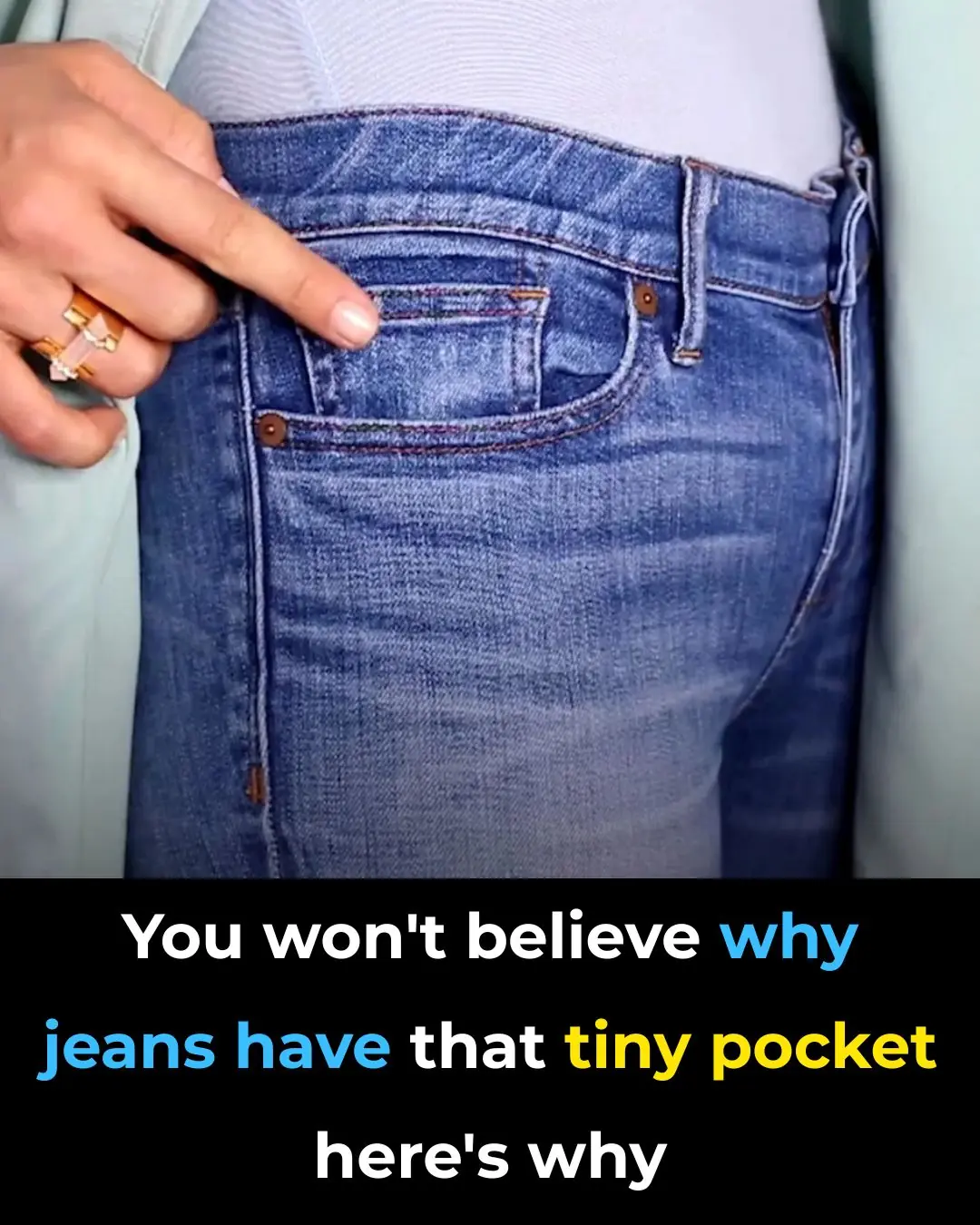
You Won’t Believe Why Jeans Have That Tiny Pocket – Here’s Why

Teen dies trapped inside burning Tesla Cybertruck after doors allegedly malfunctioned
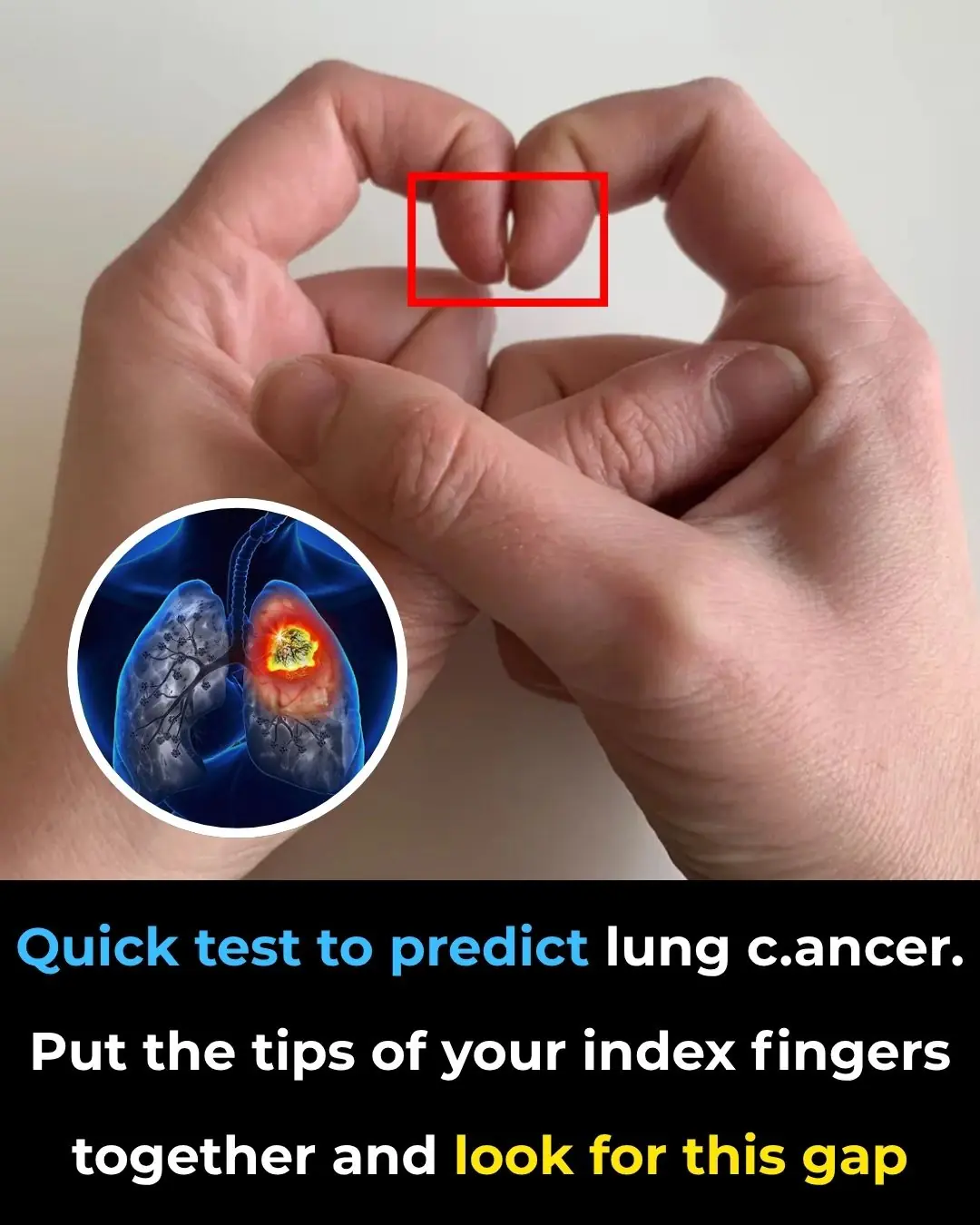
Schamroth Window Test May Reveal if You Have Finger Clubbing

Farmer Plants 1,000 Oak Trees to Create Memorial for Late Wife
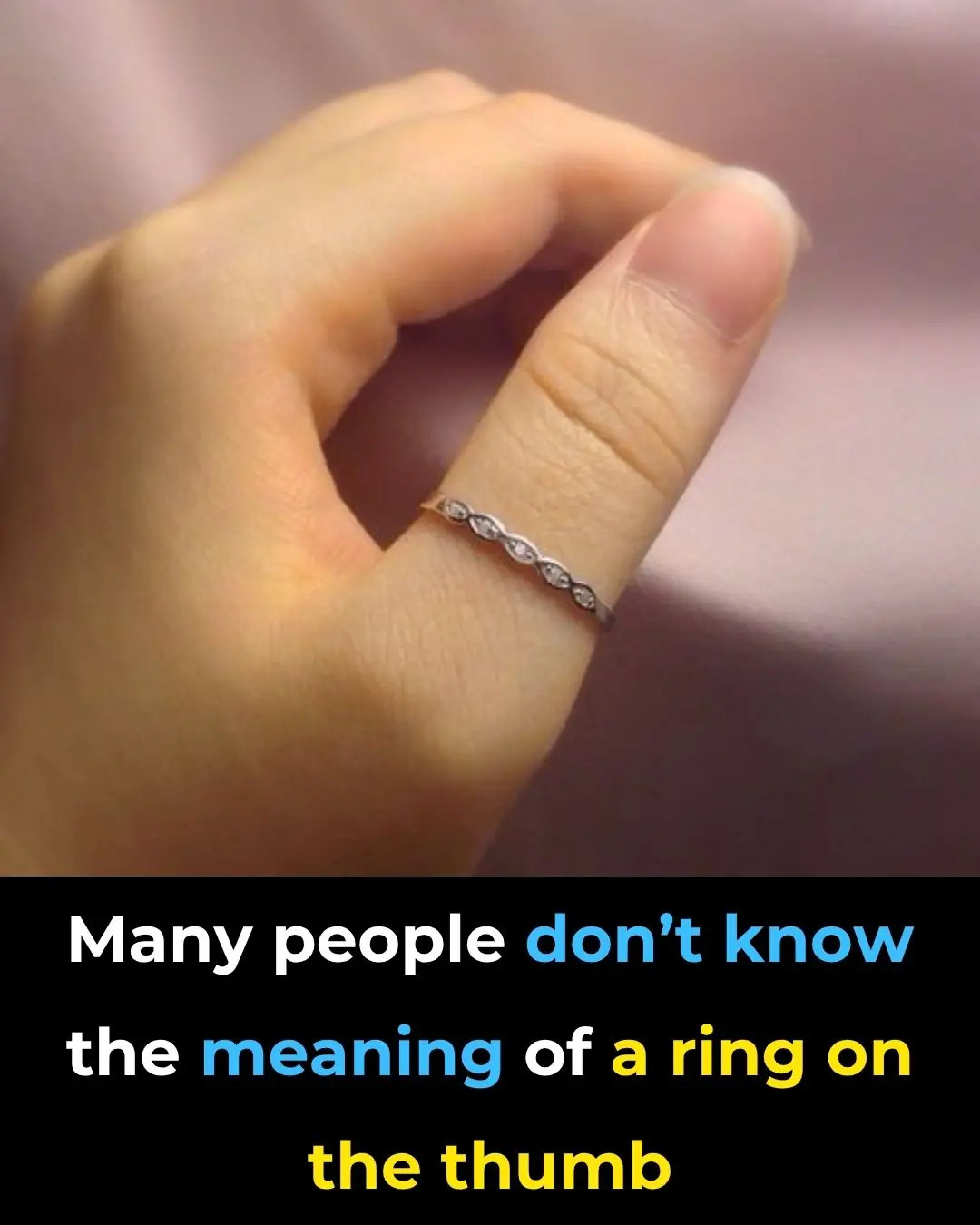
What Does a Thumb Ring Really Mean
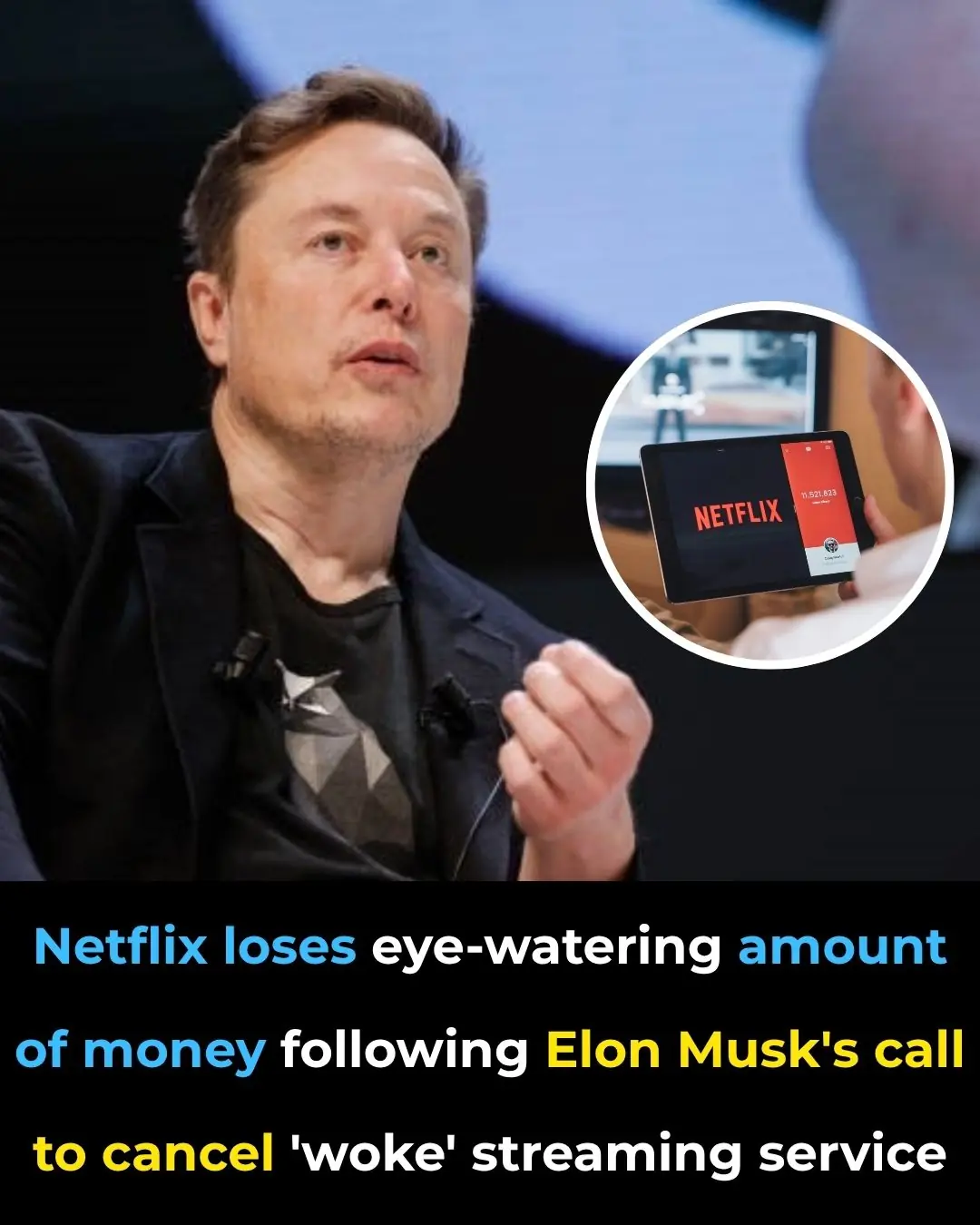
Netflix loses eye-watering amount of money following Elon Musk’s call to cancel 'woke' streaming service

Nintendo sues Reddit mod for $4,500,000 in shocking lawsuit

Creators of ChatGPT reveal 44 jobs at highest risk of being taken over by AI in future

What Are These Tiny Balls in My Bed
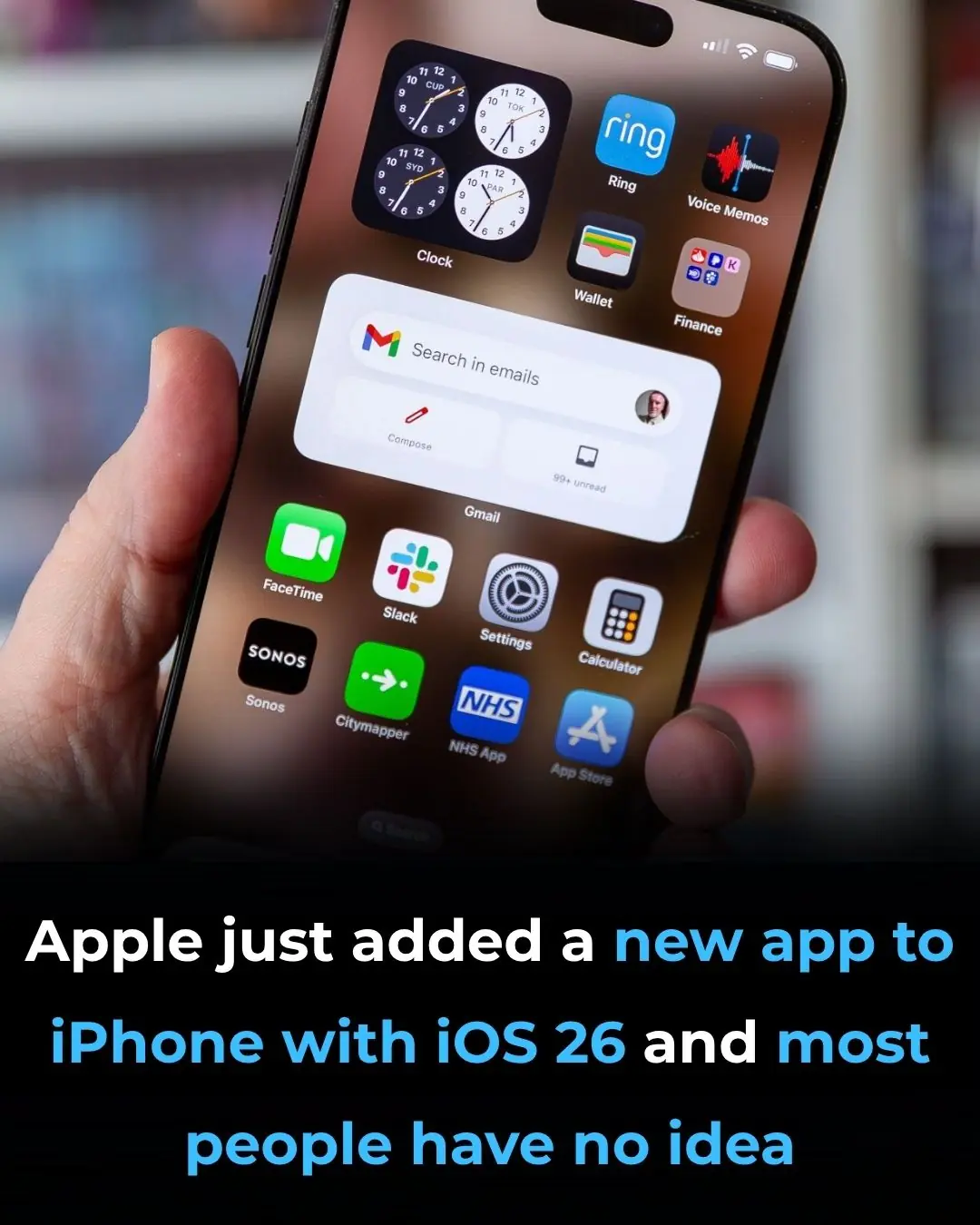
Apple just added a new app to iPhone with iOS 26 and most people have no idea

BREAKING NEWS 🚨 Due To This Draconid Meteor Shower Earth Will Be Badly Effected Because…..See More

A High-Speed Pulsar Has Cracked the Milky Way’s Magnetic “Bone” — Racing Through Space at 2 Million MPH
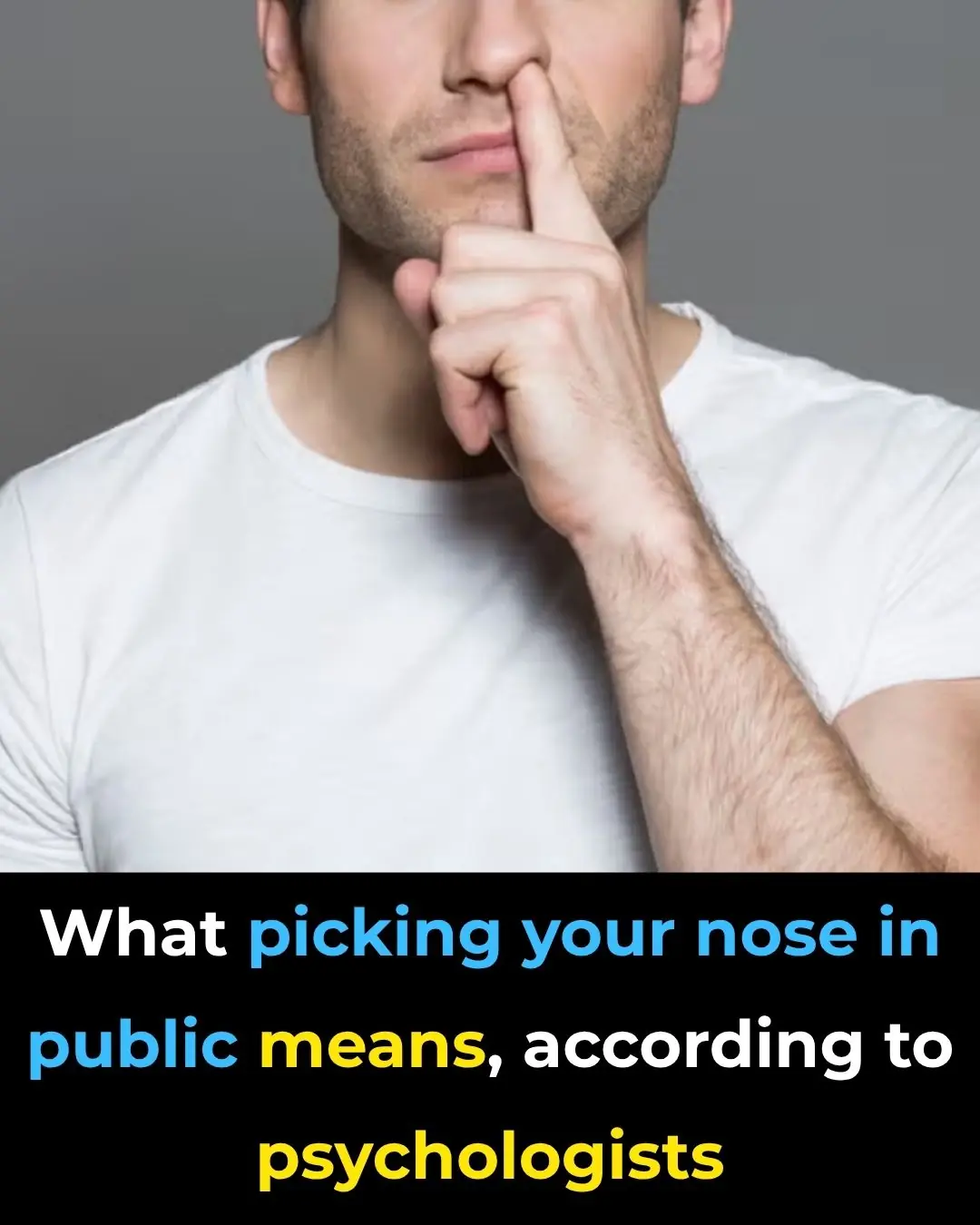
Nose Picking What This Taboo Habit Really Reveals About Us
News Post
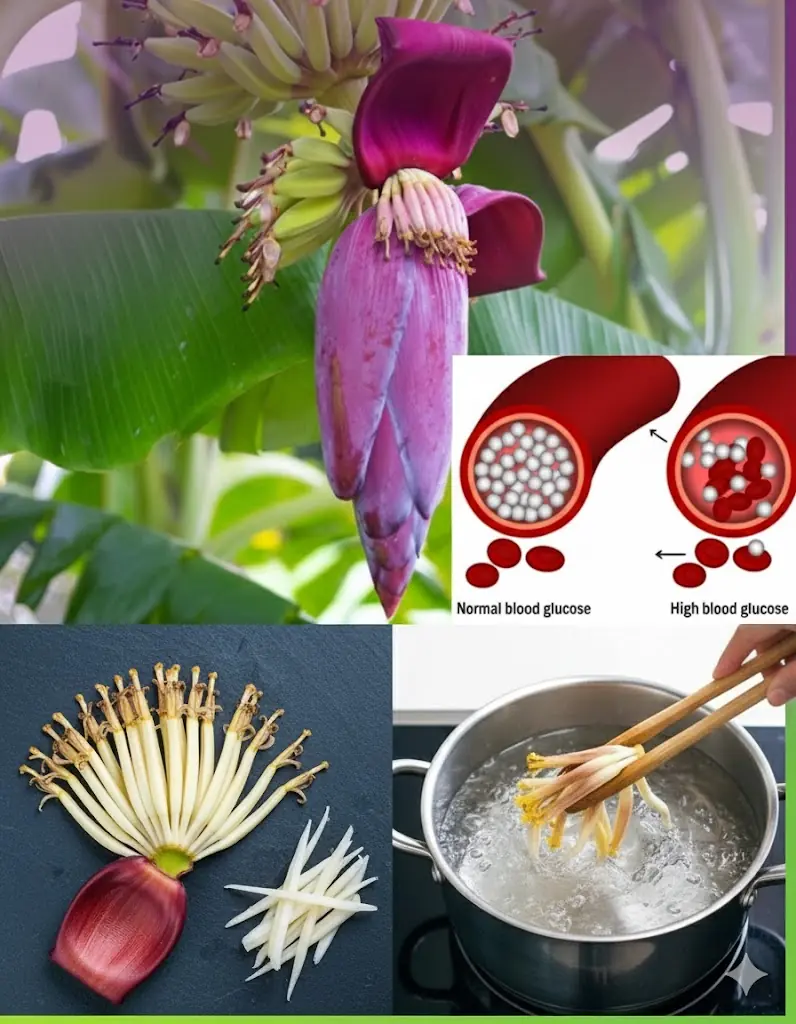
Banana Blossom: Health Benefits, Recipes, and Traditional Uses

The Stealthy Threat of the Evergreen Bagworm
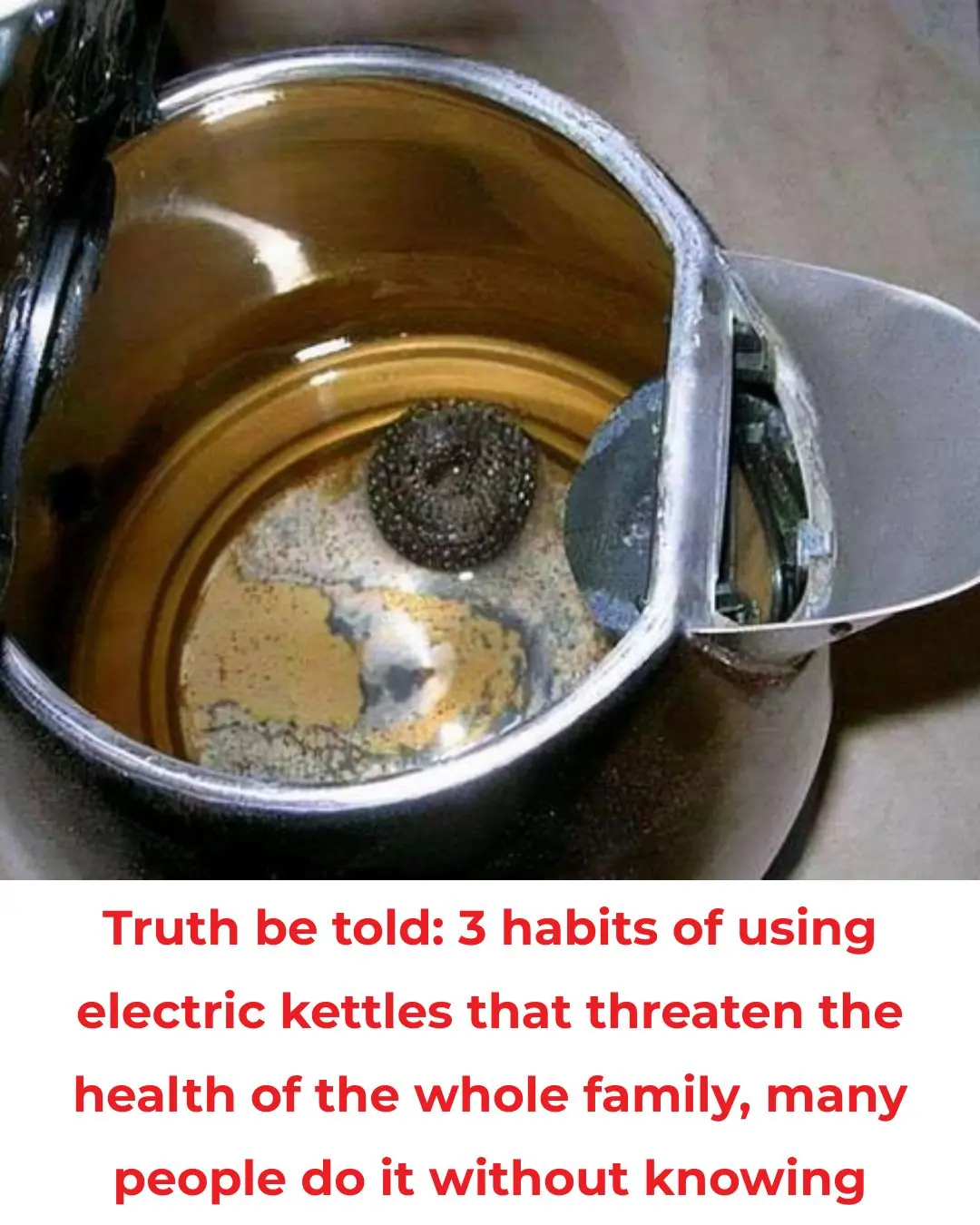
Truth be told: 3 habits of using electric kettles that threaten the health of the whole family, many people do it without knowing
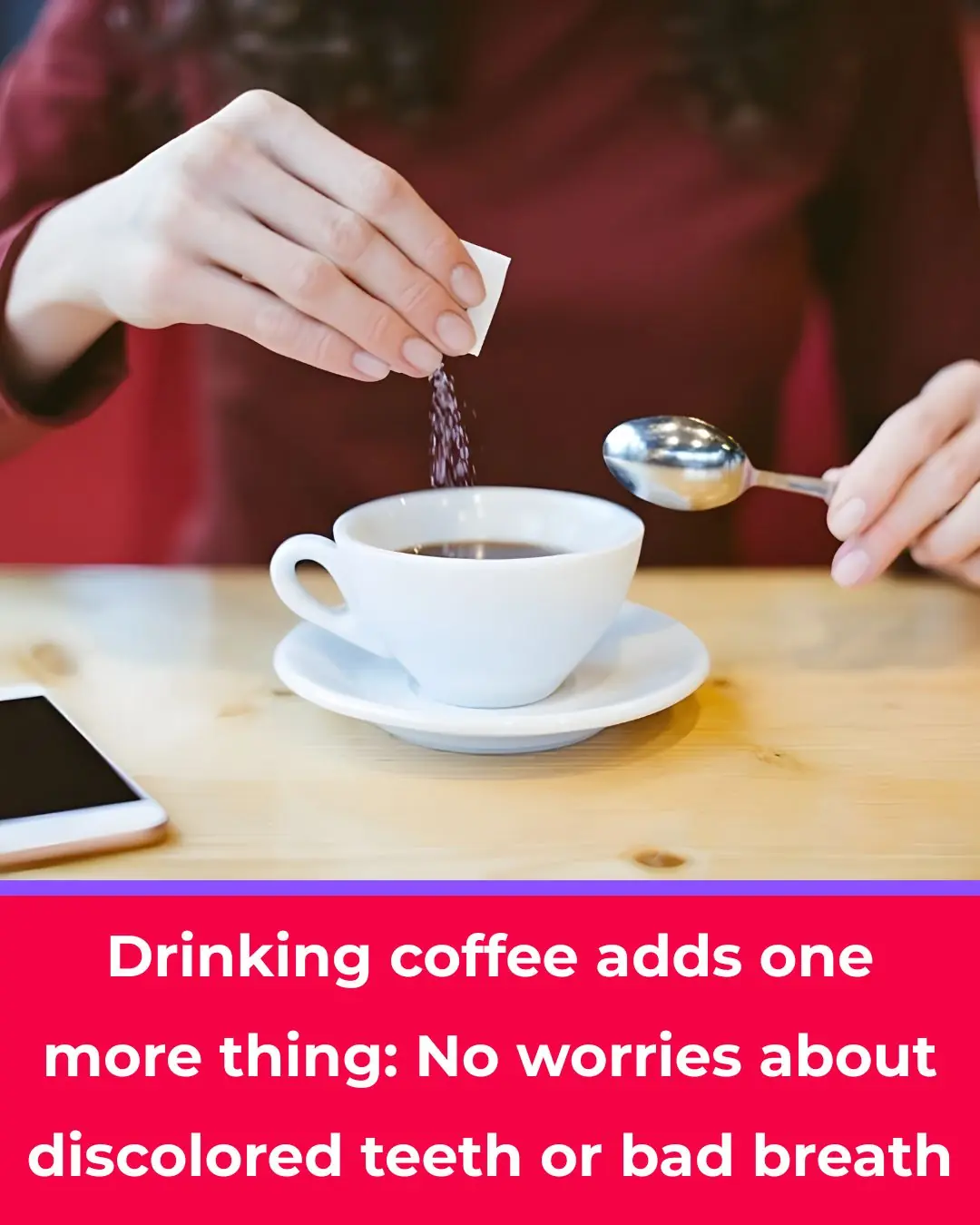
Drinking coffee adds one more thing: No worries about discolored teeth or bad breath
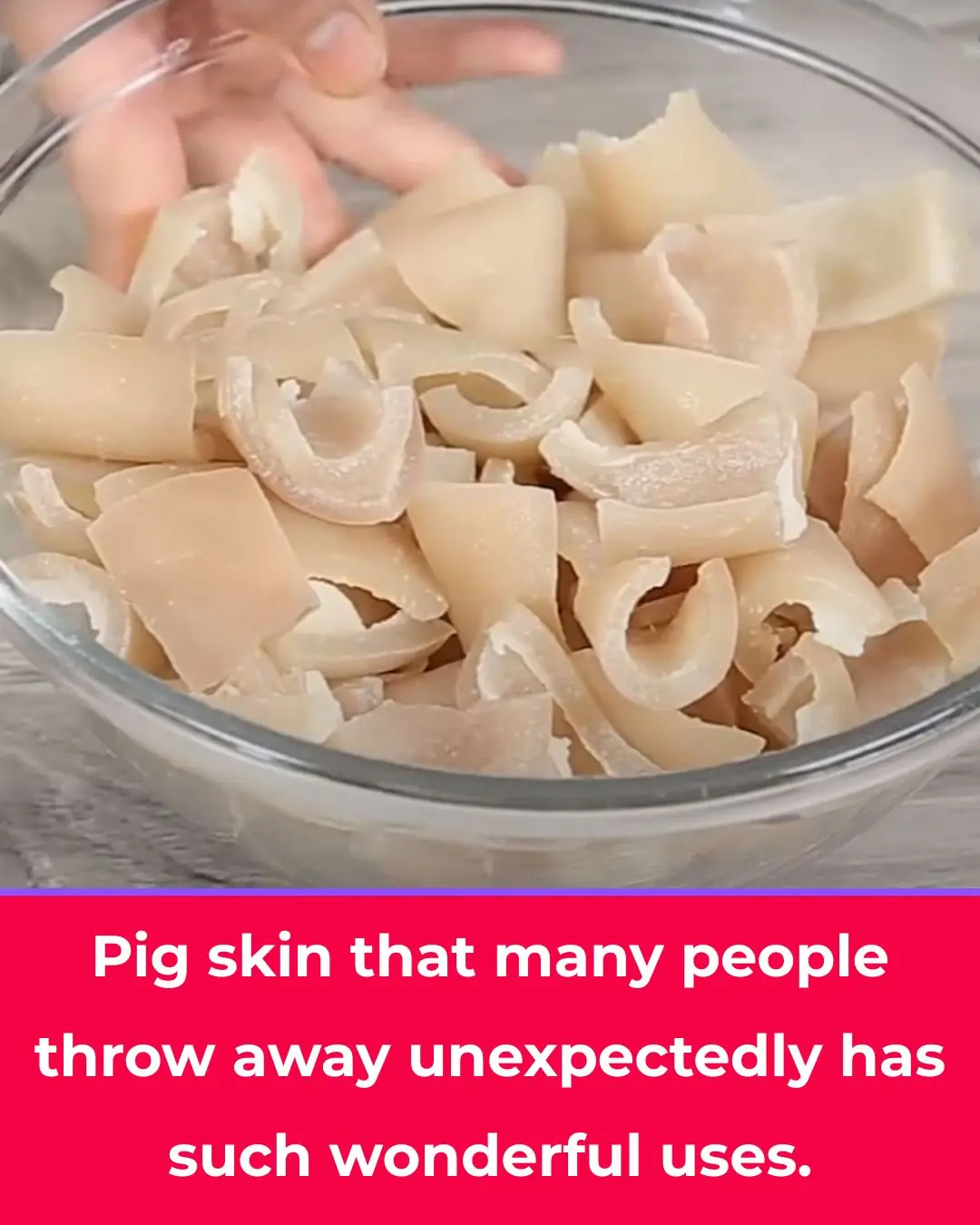
Pig skin that many people throw away unexpectedly has such wonderful uses
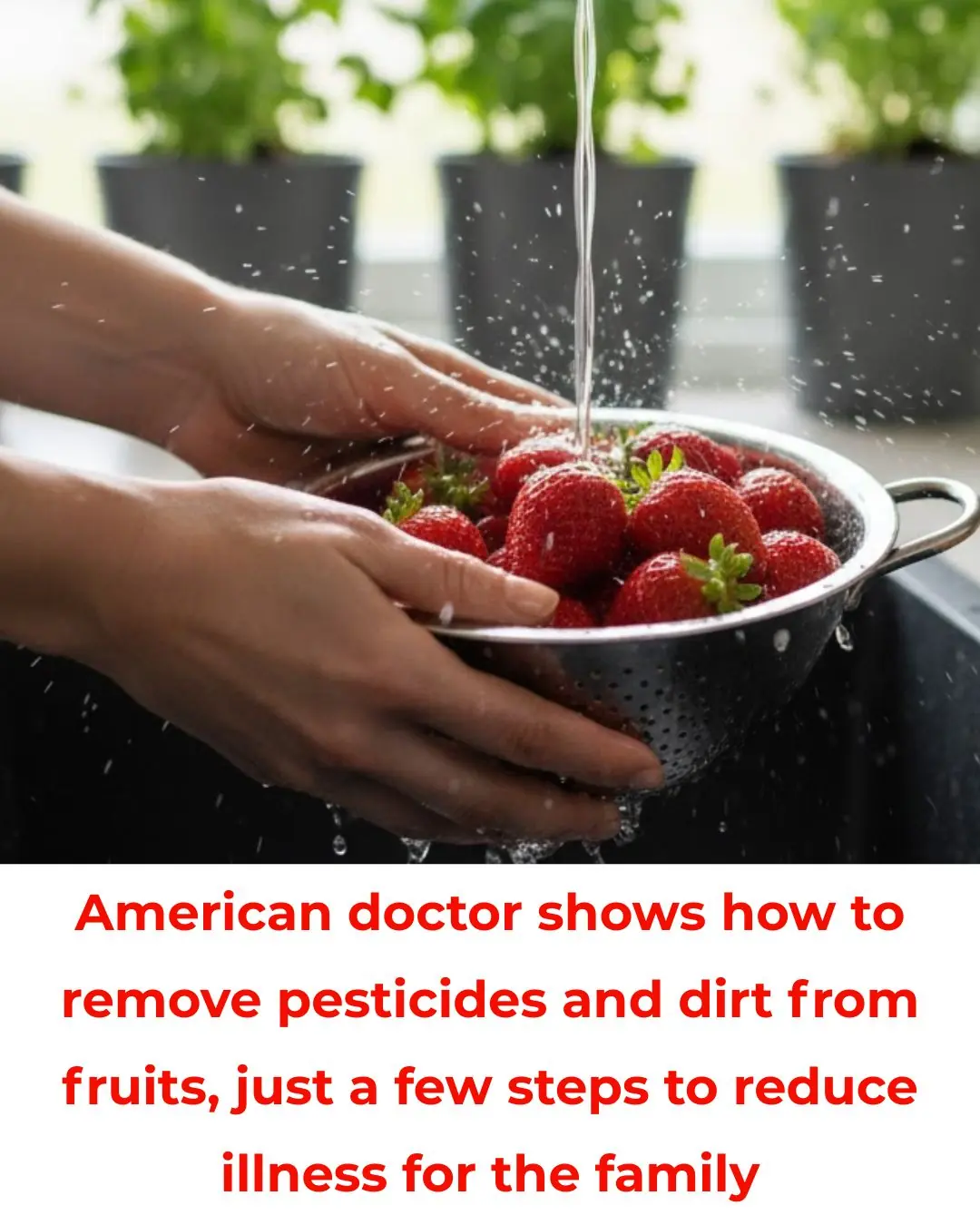
American doctor shows how to remove pesticides and dirt from fruits, just a few steps to reduce illness for the family
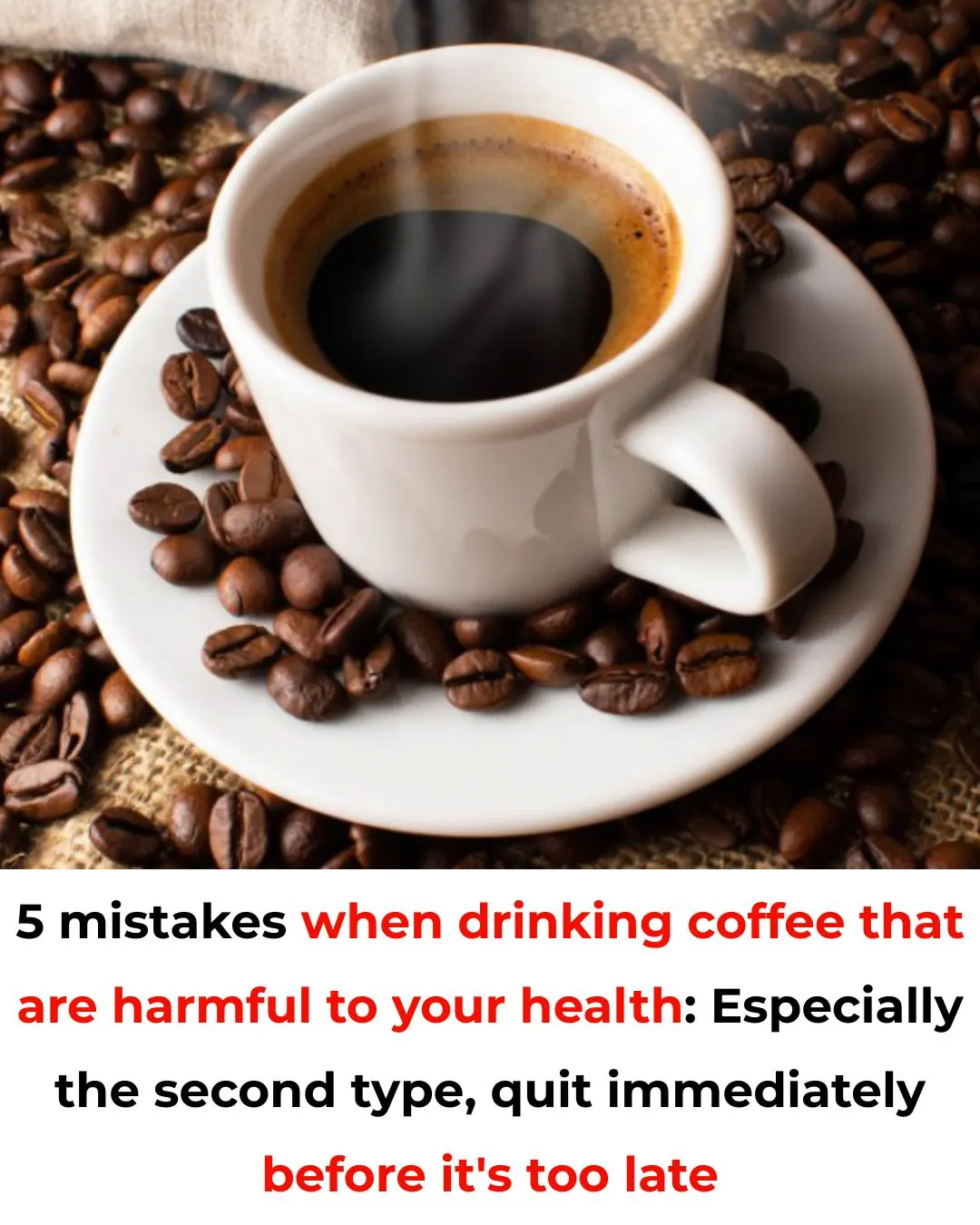
5 mistakes when drinking coffee that are harmful to your health: Especially the second type, quit immediately before it's too late
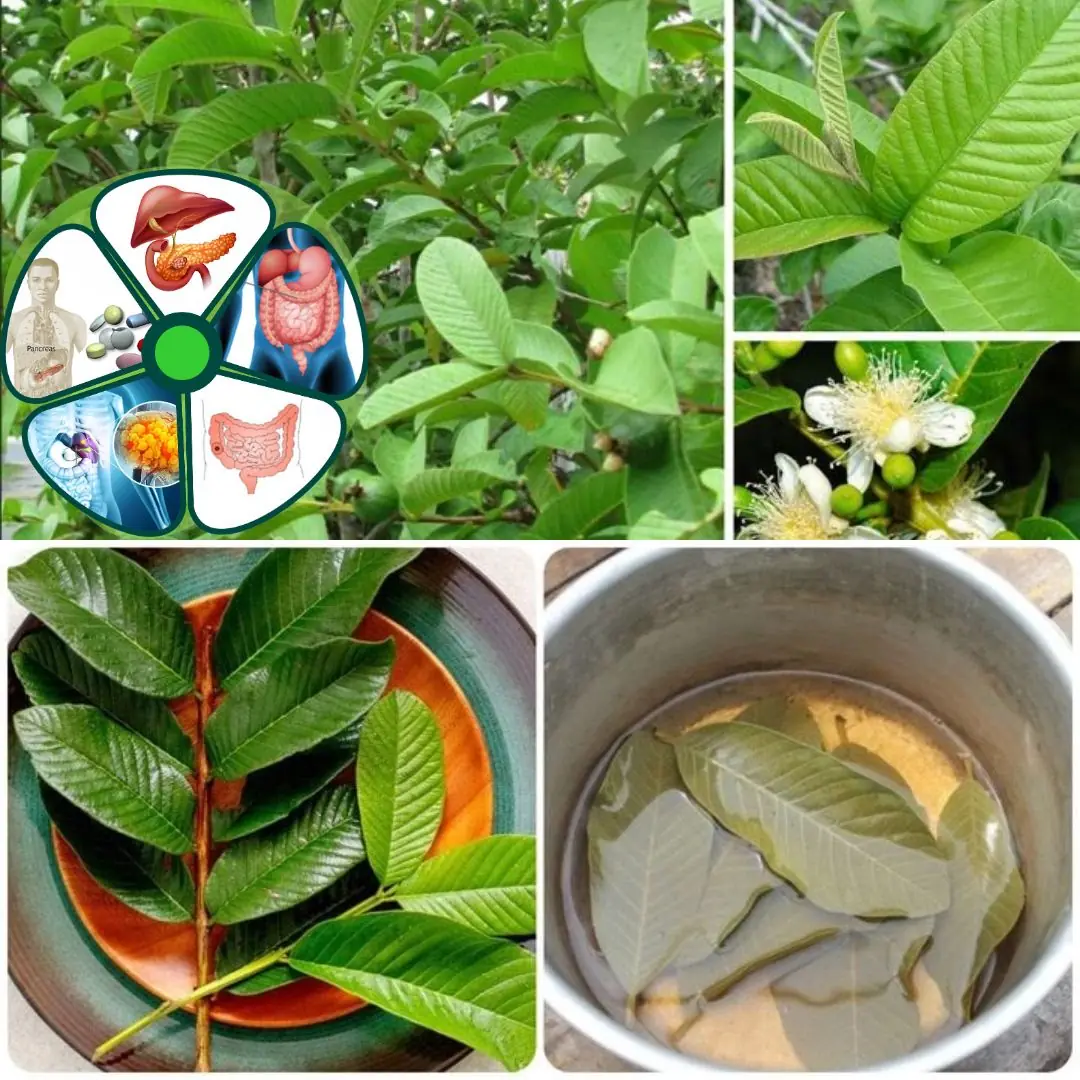
25 Incredible Benefits of Guava Leaves
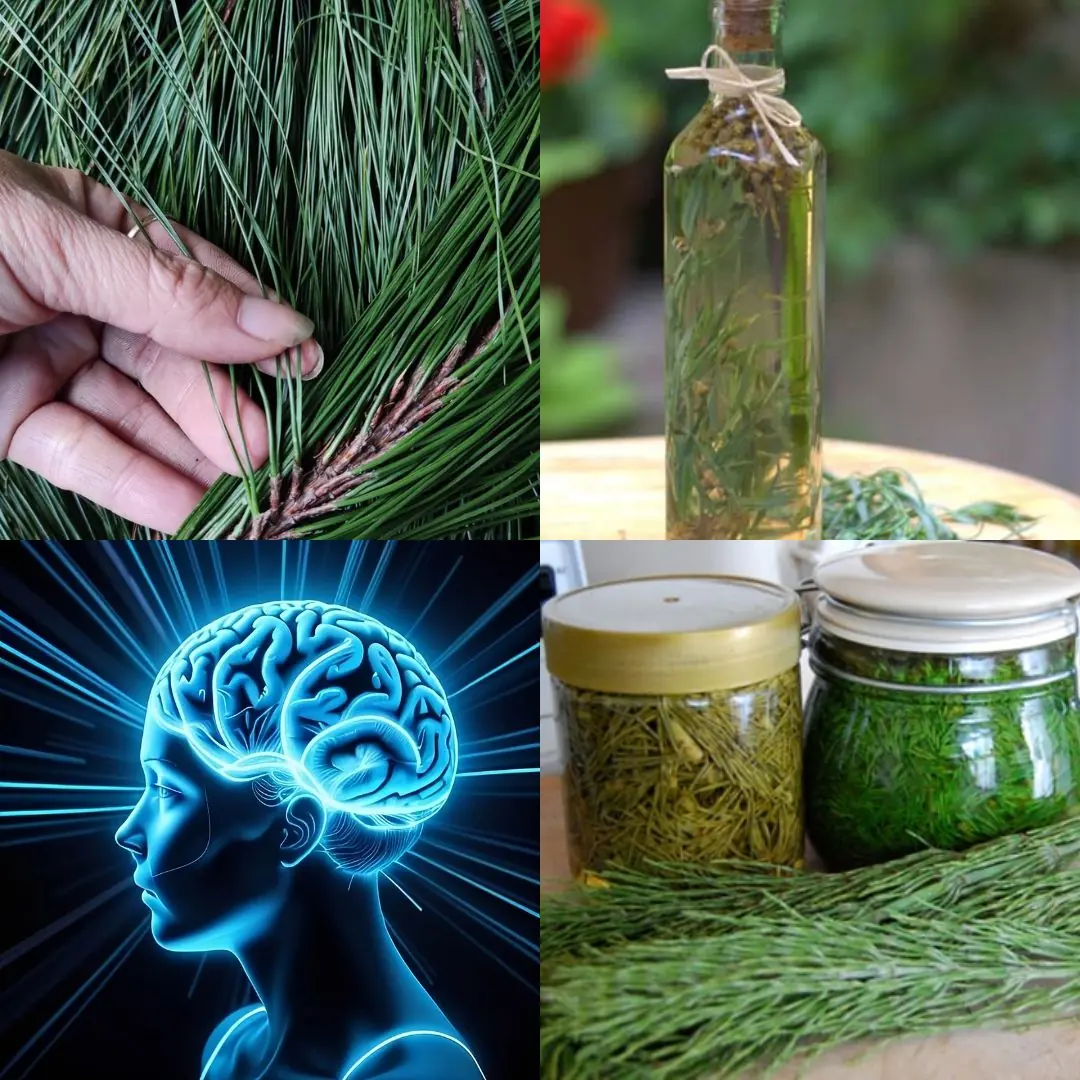
Most people underestimate the power of pine needle sprite (better than you think)

A Rare Alignment of 7 Planets Is Taking Place in The Sky This Week

The World’s Oldest Bridge Is Still In Use, and You Can See It In Greece

Lyrid meteor shower peaks after Easter: How to spot the most ‘shooting stars’

Austria: 33 Interesting Facts You Might Not Know

The tiny round hole on your nail clipper has a real job — and a few clever (safe) extras
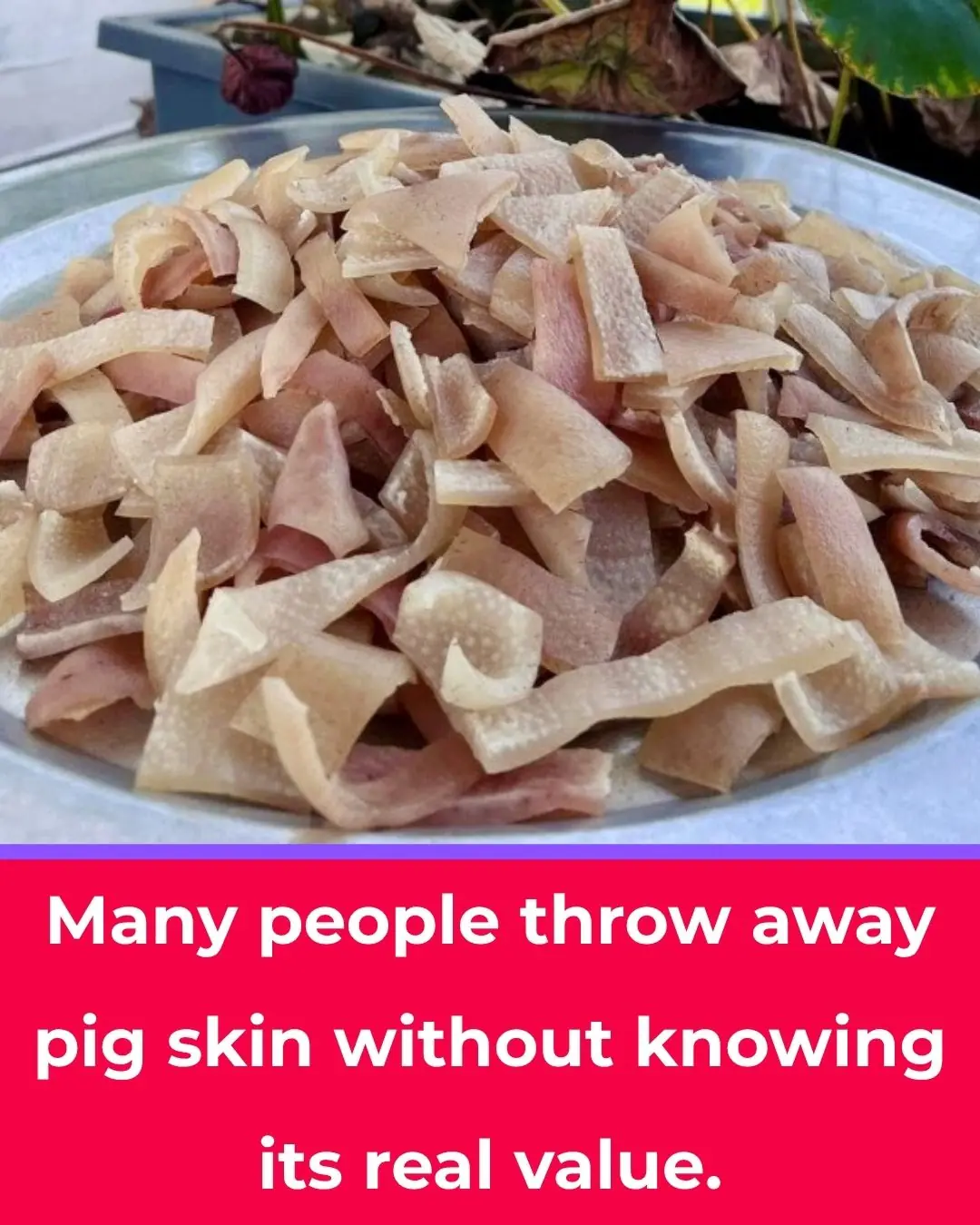
Pork skin: the cheap cut many people discard — and how to use it wisely for nutrition and safety

15 Interesting Travel Facts You May Not Know About Italy
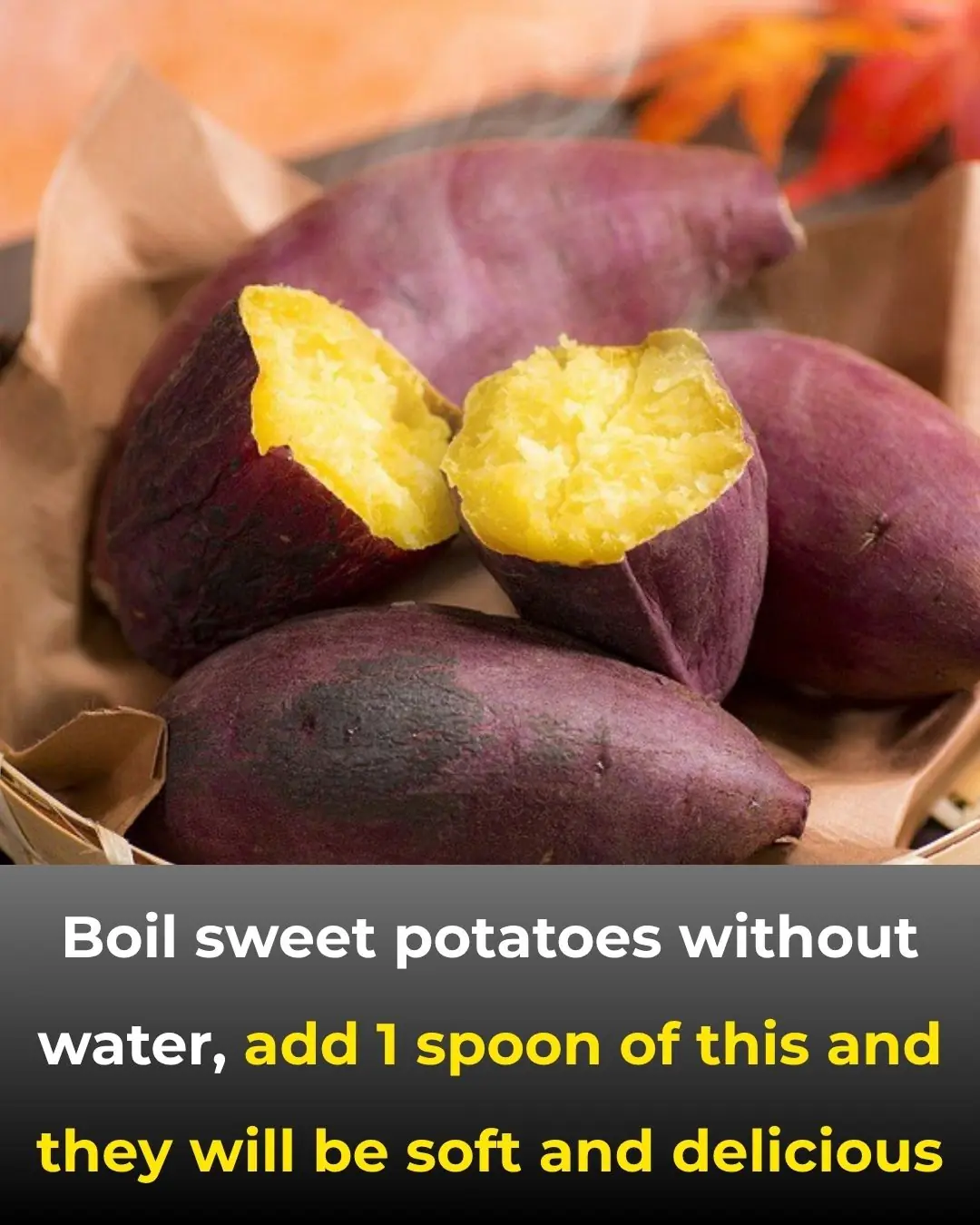
Boiled sweet potatoes: don’t use plain water—add a spoon of this for fluffy, deeply sweet results

3 powerful health benefits of using a bidet — plus a bonus for the planet
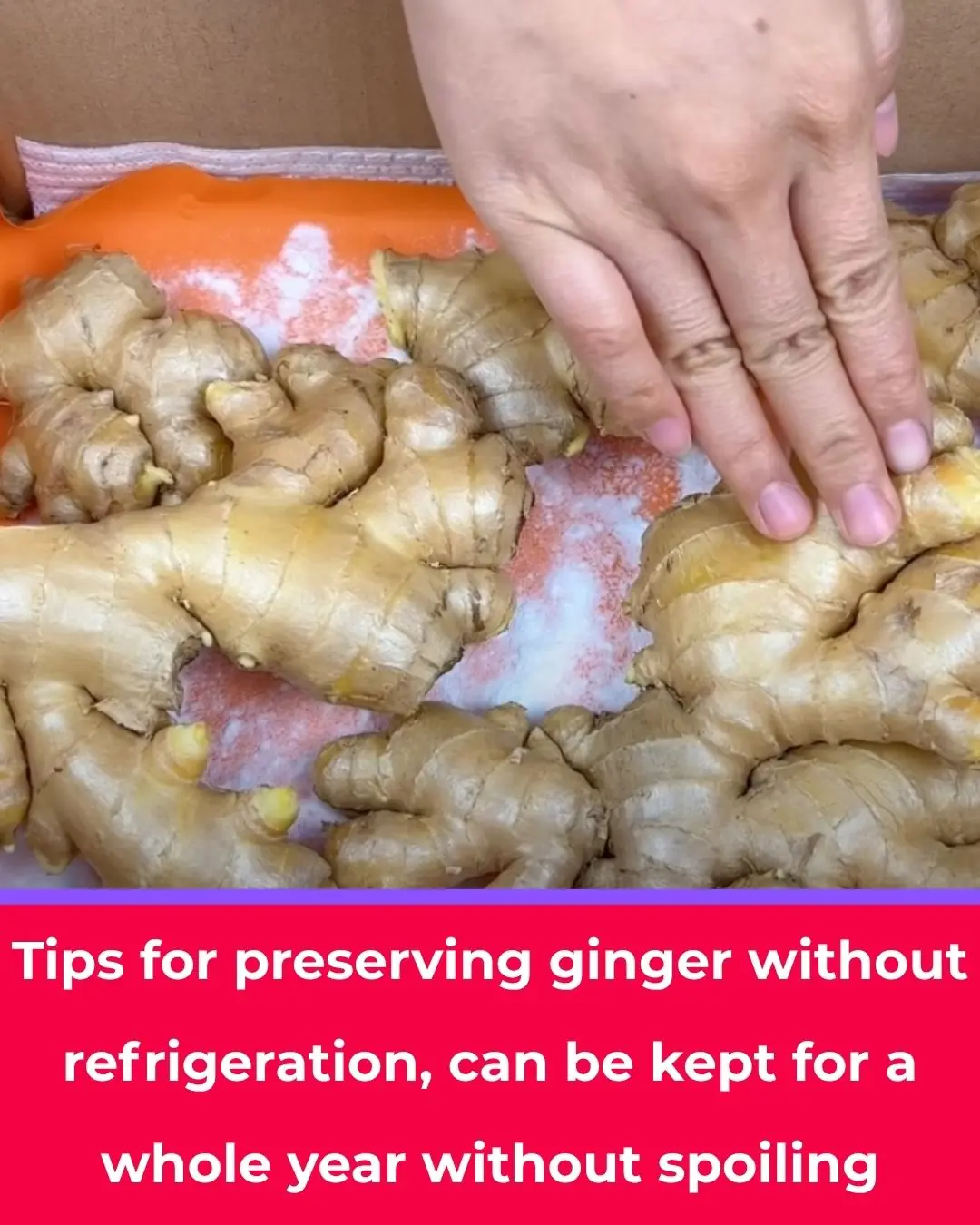
How to store fresh ginger so it lasts for months (even without a fridge)
